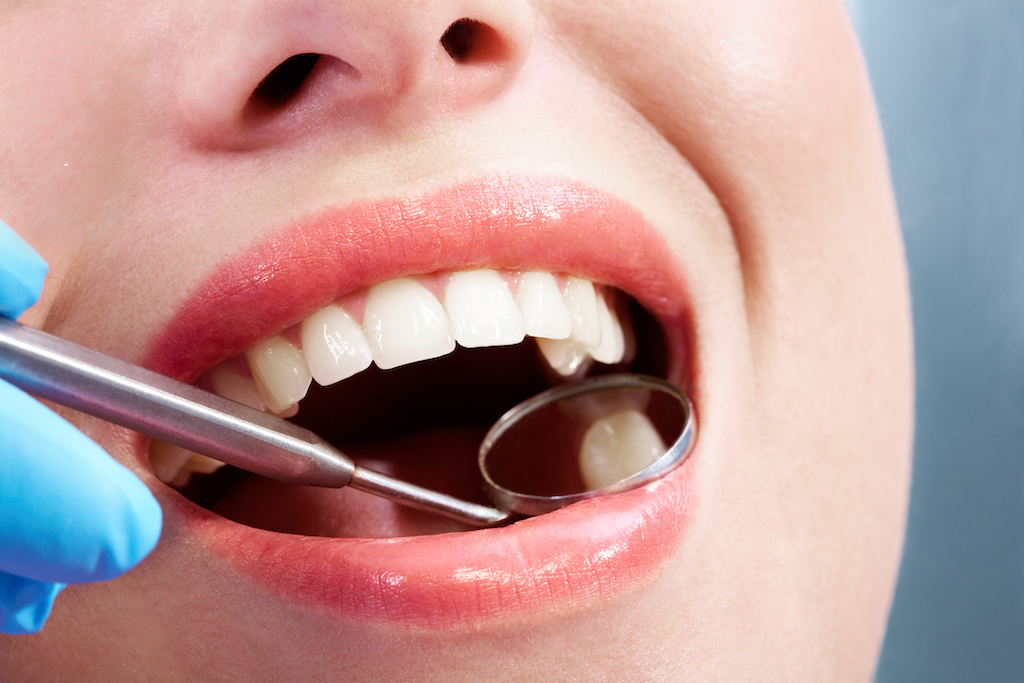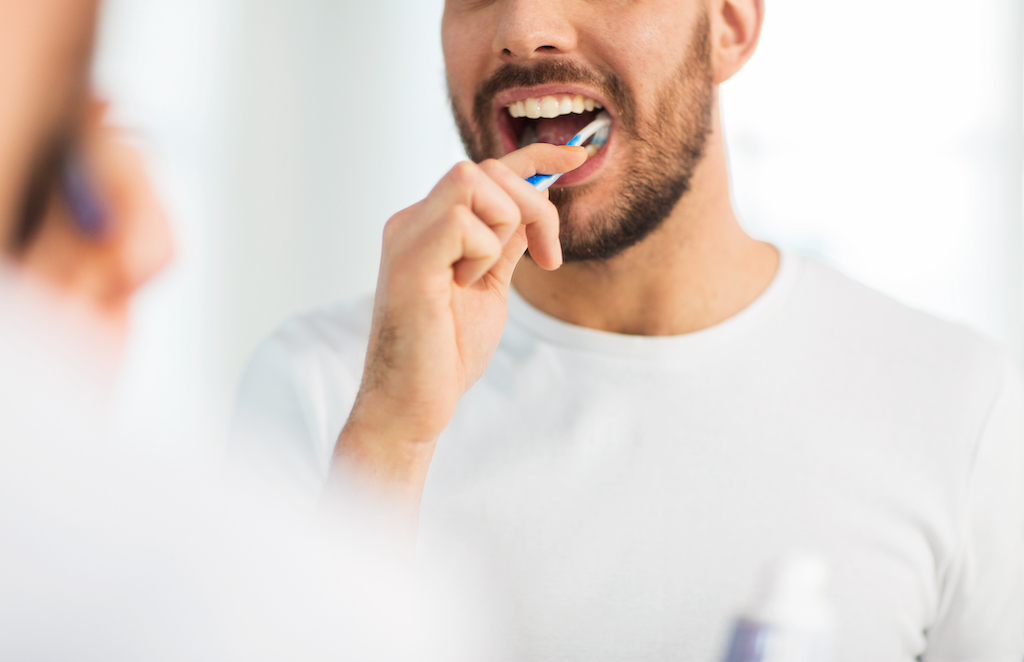 Photo Credit: Pressmaster/Shutterstock.com
Photo Credit: Pressmaster/Shutterstock.com
Are your teeth appearing to be chalky white and sometimes have a brown discoloration to them? Have your teeth recently started to become sensitive to sweets or cold drinks? These, my friends, could be the first signs of tooth decay. If you believe to be experiencing the effects of tooth decay, which can lead to cavities, Haute Beauty experts at The Dental Spa advise you to maintain consistent intervals between dental hygiene and check-up visits. By doing so, it is likely that you can decay early on, preventing you from having to get a cavity filled.
What are the main causes of tooth decay?
The main causes of tooth decay are poor oral hygiene and a high-sugar diet. Bacteria in our mouths feed off of sugar in order to survive and subsequently release acidic byproducts that break down our tooth enamel and cause cavities. The combination of a diet high in refined carbohydrates and sugars, as well as ineffective toothbrushing and flossing will increase the risk of tooth decay. Additionally, the absence of fluoride in oral hygiene products and water can increase the risk of tooth decay.
How can you reverse the signs of tooth decay in the dental office? At-home?
Early tooth decay can be reversed through proper oral hygiene, such as toothbrushing twice a day and flossing daily, in conjunction with the use of fluoride-containing oral hygiene products. A fluoride mouth rinse and fluoride toothpaste are effective at remineralizing enamel and reversing early cavities. Your dentist may also prescribe you prescription strength toothpaste in order to aid in this remineralization process.
There are also conservative, non-invasive treatment options to help arrest the decay process. The first option is called smooth surface resin infiltration, which helps to stop the decay process without the need for drilling into the tooth. The second option is called silver diamine fluoride, which is commonly used in pediatric dentistry because it does discolor the area of the tooth that it is applied to.
 Photo Credit: Ground Picture/Shutterstock.com
Photo Credit: Ground Picture/Shutterstock.com
How can you prevent tooth decay?
The best way to prevent tooth decay is to maintain proper oral hygiene and visit the dentist for professional cleanings and checkups at least every six months. Additionally, it is best to avoid diets that are high in sugar and refined carbohydrates, as well as those high in acid. Highly acidic food such as citrus fruits and carbonated beverages can cause enamel erosion, which weakens the enamel layer. Toothpastes that are fluoride-free and those that are highly abrasive, such as charcoal toothpaste, should also be avoided. Highly abrasive toothpaste can wear away enamel over time, making it more susceptible to breakdown and subsequent tooth decay.
Is there a point where it is too late to reverse tooth decay?
Tooth decay generally needs to be treated once it has progressed past the enamel layer and is into the dentin layer of the tooth. It should also be treated if it is cavitated, meaning there is a visible breakdown of the enamel layer. Once decay has reached the dentin layer, it can progress quickly and can cause tooth pain and sensitivity as it approaches the nerve of the tooth. If left untreated, the tooth may need a root canal and a crown restoration.
For more information, visit Dr. Brian A. Levine's social media:

























